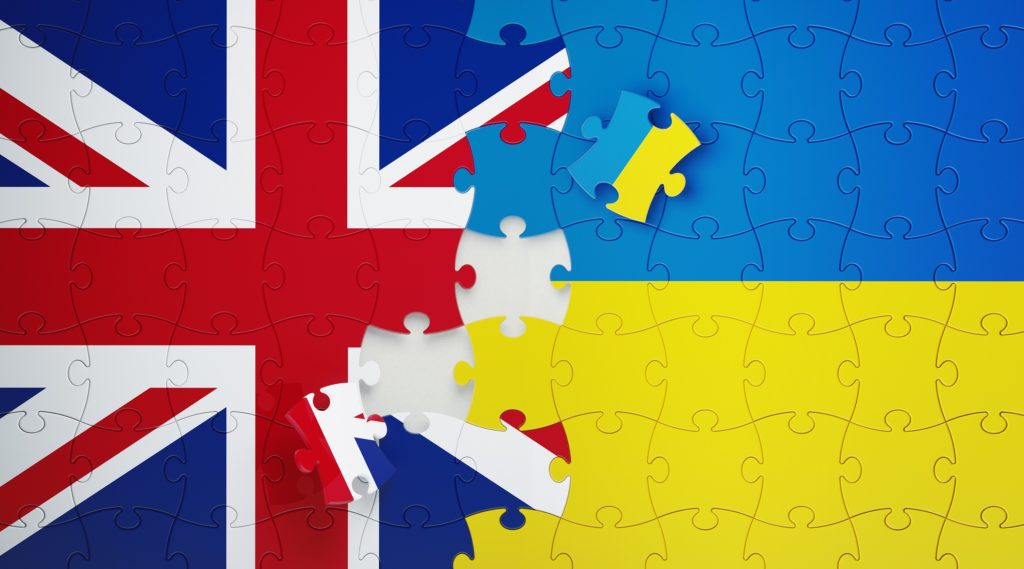Paula Keaveney

“I have never forgotten the sheer courage and determination of pro-democracy activists whom I met on the streets of Lviv in 1989 as they risked their lives to throw off the shackles and chains of the Soviet Union.” (Lord Alton, HL Deb 25 February 2022)
The last few days have seen debates in both the Commons and the Lords. But looking at the cast list, it is hard to argue that the Commons is the important Chamber. The roll call of those speaking in the “other place”, the Lords on 25th Feb, included a former Secretary General of NATO, a former Chief of the Defence Staff, and a former National Security Adviser.
Yet for all the good advice in debates, for all the calls to do more, Parliament’s power is limited. Parliament can “send messages”, it can “speak for the nation”, but it can’t end the war and it can’t broker treaties.
It is this contrast between strongly held policy views and relative powerlessness that makes these debates, and the party-political process around them, so fascinating.
What we see tested in the fog of a war debate, is leadership. What we see tested in the reactions of party members and supporters is unity.
Johnson has had to curb his usual instinct to grandstand and deploy jokes. Starmer has had to crack down hard on some unhelpful internal comments on NATO; and Blackford, the SNP leader in the Commons, potentially walks a tightrope.
Let’s start with Blackford. The SNP used to be opposed to membership of NATO. That opposition was overcome in a close conference vote in 2012 with some members leaving as a result. There are voices on the independence side today arguing for a rethink. The SNP’s partners in Holyrood, the Scottish Green Party, are outspokenly anti-NATO.
Starmer has generally supported the government line, but has had to face down members of his own party on the issue, most recently getting MPs to remove their signatures from a Stop the War Statement and suspending the Young Labour Twitter feed.
And Johnson? Is he conveying the sort of confidence needed for an international crisis – a crisis which after all might mean large scale refugee movements, a shortage of basic commodities, and a growth in tension along many borders?
It is a very odd situation indeed when relief from the media focus on wine and crisps and trivia quizzes comes in the form of an international crisis; but such is politics. The next few weeks will tell us whether the PM is a calm helmsman or a storm-tossed sailor.
As former NATO General Secretary, Lord Robertson told the Lords “…there is an old saying: in Russia, everything changes in 20 years and nothing changes in 200 years. It maybe gets to the heart of the recent crisis, when the unthinkable has become the inevitable”
It is wrestling with that “inevitable” that will tax our leaders.
Paula Keaveney is the Programme Leader for Politics at Edge Hill University.
